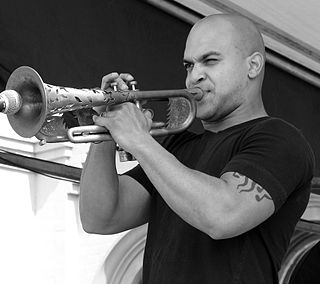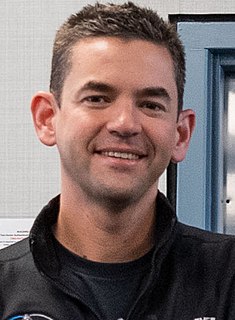A Quote by Chris Hadfield
Spaceflight isn't just about doing experiments, it's about an extension of human culture.
Quote Topics
Related Quotes
My position is that it is high time for a calm debate on more fundamental questions. Does human spaceflight continue to serve a compelling cultural purpose and/or our national interest? Or does human spaceflight simply have a life of its own, without a realistic objective that is remotely commensurate with its costs? Or, indeed, is human spaceflight now obsolete?
In a dispassionate comparison of the relative values of human and robotic spaceflight, the only surviving motivation for continuing human spaceflight is the ideology of adventure. But only a tiny number of Earth's six billion inhabitants are direct participants. For the rest of us, the adventure is vicarious and akin to that of watching a science fiction movie. At the end of the day, I ask myself whether the huge national commitment of technical talent to human spaceflight and the ever-present potential for the loss of precious human life are really justifiable.
I still got a lot to learn about fashion. I'm somebody who experiments, somebody who's finding their way. I'm young, and I don't really know if there's any guide to style in what's right and what's wrong. I just dress as an extension of how I'm feeling. If I feel crazy, then I'm gonna rock something crazy.
History is not just about dates and quotations. And it's not just about politics, the military and social issues, though much of it of course is about that. It's about everything. It's about life history. It's human. And we have to see it that way. We have to teach it that way. We have to read it that way. It's about art, music, literature, money, science, love - the human experience.
I never dreamed I would be a Goodwill Ambassador, and for UNESCO. Perfect organization. It is apolitical and it's about education, science and culture. I mean that is what I live. That is what UNESCO is really about; it's all about bringing human beings together with one common goal, which is to move human kind forward.
During the time that [Karl] Landsteiner gave me an education in the field of imununology, I discovered that he and I were thinking about the serologic problem in very different ways. He would ask, What do these experiments force us to believe about the nature of the world? I would ask, What is the most. simple and general picture of the world that we can formulate that is not ruled by these experiments? I realized that medical and biological investigators were not attacking their problems the same way that theoretical physicists do, the way I had been in the habit of doing.
































